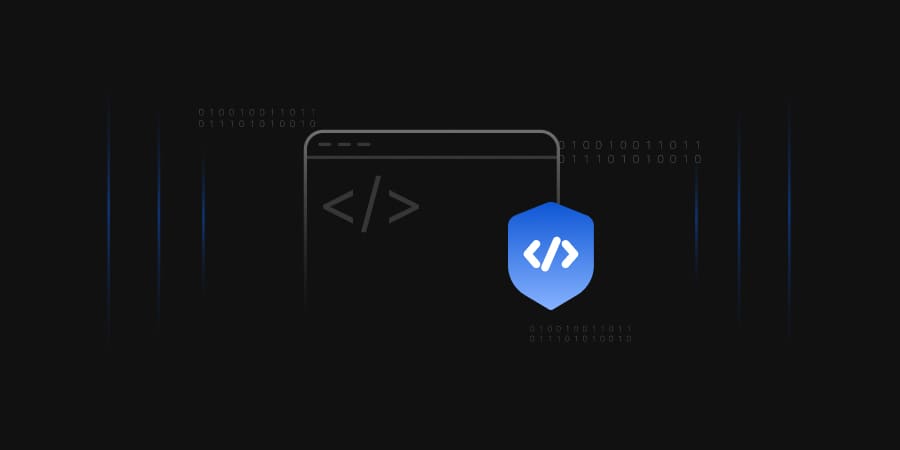Why are organizations not enforcing code signing policies?


As technology advances and the world becomes more reliant on software, cyber threats continue to evolve, posing a significant risk to organizations. Code-signing policies have become a critical aspect of ensuring the safety and integrity of software. These policies ensure that only authorized code is executed on systems, preventing malware from being installed. Despite its importance, many organizations still fail to enforce these policies, leaving their systems vulnerable to attacks.
One of the main reasons why code signing policies are being disregarded or not enforced is due to a lack of understanding. Many organizations may not fully comprehend the risks associated with unsigned code or may not understand how to implement a code-signing policy effectively. Sometimes, the IT team may not have the necessary skills and knowledge to manage code-signing policies. As a result, the organization may not prioritize code signing policies and may not be given the necessary attention.
Another reason why organizations may be reluctant to enforce code-signing policies is the cost associated with implementing them. Code signing certificates can be expensive, and organizations may not want to invest in them, especially if they do not fully understand their benefits. Additionally, implementing code signing policies may require changes to existing infrastructure, which can be time-consuming and costly. This may result in organizations deciding not to enforce code signing policies, leaving them vulnerable to cyberattacks.
In some organizations, there may be a lack of accountability when it comes to enforcing code-signing policies. This may occur if it is unclear who is in charge of overseeing the code signing guidelines. If there is no one person or department responsible for implementing and enforcing code signing policies, it can be challenging to ensure that they are followed consistently. This lack of accountability can lead to policies being disregarded or not implemented.
Legacy applications can also be a hindrance to enforcing code signing policies. Many older applications were not designed with code signing in mind and may not be compatible with modern code-signing certificates. In some cases, code signing may not be possible without significant modifications to the application, which may not be feasible or cost-effective. This can create a situation where code-signing policies cannot be enforced effectively, leaving the organization vulnerable to cyberattacks.
Another reason why code signing policies may be ignored or not enforced is due to a lack of awareness. Some organizations may be unaware of the advantages of code-signing policies or may not completely comprehend how they work. This can lead to a situation where code signing policies are not considered a priority and may not be enforced. Furthermore, employees may be unaware of the significance of code signing policies, which can lead to unintentional violations.
Finally, some organizations may resist implementing code-signing policies due to resistance to change. Change may be challenging, particularly when introducing new security measures. Employees may be reluctant to workflow changes or unwilling to learn new methods. This can make it difficult to implement and enforce code-signing policies effectively.
In conclusion, code-signing policies are essential to modern cybersecurity, and their implementation and enforcement are critical for protecting software applications against malicious attacks. Ignoring or neglecting these policies can result in severe consequences for organizations, including data breaches, financial loss, and damage to reputation. Organizations can ensure their systems and data remain secure by addressing the common barriers to code signing policy implementation, such as a lack of understanding, cost, and resistance to change.